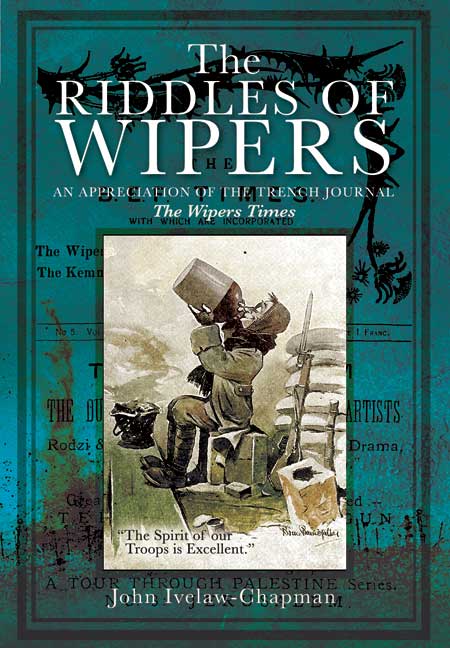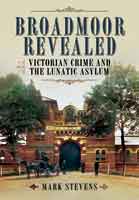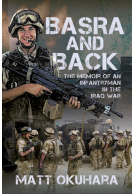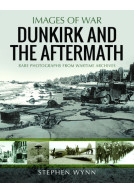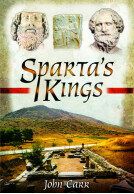The Riddles of Wipers (ePub)
An Appreciation of the Trench Journal “The Wipers Times”
Imprint: Pen & Sword Military
File Size: 13.0 MB (.epub)
Pages: 208
ISBN: 9781781597057
Published: 21st January 2010
The Wipers Times was the Private Eye of the Ypres Salient during WW1. Edited, while under bombardment, by a battalion commander in the Sherwood Foresters, written by soldiers actually in the trenches and distributed by ration-wagon and ammunition-mule. The paper bears vivid witness to the shocking realities of trench warfare. Yet for all the occasional horror of its content, The Wipers Times was a gentle, humour-filled and satirical paper which, once its codes are cracked and its riddles solved, tells an interested reader much about the characters and personalities of the men in the British Army. The Mud, the Gas, the Shells; the Fear, the Courage, the Humour and the Bitterness; much is revealed about these and many other things in this remarkable book.
As seen on.
The Long, Long Trail Website
A remarkable book, which all students of the history of The Great War should read.
Essex Family Historian
Perhaps it is inevitable that the horrors of war bring out black humour amongst its participants. How else are human beings able to cope with the sheer random violence of the trenches epitomised by the devastating impact of HE shells? An important topic in this book is the effect of artillery fire and mines on the soldiers and the subsequent 'shellshock' experienced by many of them. Its wider concern is to celebrate 'The Wipers Times', a miscellany of articles, poems, and cartoons named after the Belgian town then know as Ypres and today as Ieper. The author is old enough, as a child to have encountered a doctor from Cariglocart, the hospital for such neurasthenia cases, who had treated an important contributor to the paper, Gilbert Frankau, and hence his interest was born. The collection he has brought together ranges from the bizarre, the worrying and the frankly hysterical (in both senses of the word). Enlivened at regular intervals by poems, songs, photographs and cartoons, especially those by the peerless Bruce Bairnsfather, it is an entertaining read, while still acknowledging the seriousness of the subject. There's a great deal to learn from these pages about both the reality and from these pages about both the reality and the escapist fantasy of war experienced by the denizens of the trenches. Two examples must suffice to capture the flavour. According to the 'Song of the Infantry Brigadier to his Men': 'You've had the mud, you've had the wet, you've had the shells as well. And yet you never grumble - just hold on - when all except your pluck has gone.' There's also the cartoon of a gawky young officer captioned: 'Questions a platoon commander should ask himself: 1. Am I offensive as I might be?' Quite, some things never change.
Military Illustrated
I'm a big fan of social history. Which isn't always an area of study that sits easily with military history. Too often in the writings about wars and battles, we hear all about the Generals and the politicians, but not about the ordinary fighting man. Yet ever since men fought each other, the human impact of conflict has been significant. So why is it that we rarely hear about it? What puzzles me is that there are plenty of sources available to study the experiences of the fighting man during wartime.
Daly History Blog, February, 2010
Perhaps one of the most incredible of these sources is The Wipers Times. A typically British corrupion of the pronunciation of Ypres. This book by John Ivelaw-Chapman serves as a very useful introduction to this uniquely British Institution.
The back of the book describes The Wipers Times as 'the Private Eye of the Ypres Salient' but I would argue that it was much more than that. Although it was edited by a Battalion commander of the Sherwood foresters, its contents were almost completely contributed by rank and file tommies. Hence there was something uniquely democratic and representative about it - nothing is lost in translation. At times cryptic and couched in Edwardian sensibilities, and its riddles can take some deciphering - hence the title of the book - but that was the language of the time. To take the language out of the message would be to take The Wipers Times out of context.
It demonstrates a typically British sense of humour, in its poetry and cartoons. It tells us much about the men who shaped it, and their views on the War, the British Army and the World. What's more its not some kind of 'top-down' view, but in their own words, and their own language. A lot of myths have built up regarding Trench Warfare in the Great War, and books such as this are very important at helping a degree of reality to shine through.
This book is well illustrated with pages from The Wipers Times, and some interesting and illuminating analysis from Ivelaw-Chapman. Perhaps at times the text does not flow easily and maybe we do not need to know so much about the author's own experiences - The Wipers Times speaks for itself.
But nevertheless, books such as this make a very important contribution to our understanding of the social history of warfare. To listen to a lot of historians, we would think that the average Tommy was constantly worrying about whether Haig was a good General. Mud, Gas, Shells, Fear, Courage, Humour and Bitterness probably occupied Tommy's mind much more.
The Wipers Times is a window into the past. Men under incredible stress contributed to this trench journal produced by the 12th Sherwood Foresters, an ordinary infantry pioneer battalion that managed to produce a steady stream of satirical articles, quite dreadful poetry and sham adverts. The magazine first appeared at Ypres in early 1916, then followed the unit around Western Front. It is a fascinating publication, although by no means unique as there were several such magazines, which are all but forgotten. The prevailing humour is strangely gentle given the violent backdrop of the First World War.
BBC History Magazine, May 2010
Taken as it stands it is an enjoyable, rambling read. The extracts are nearly always amusing - either genuinely funny or so awful they raise a smile - a cross between Private Eye and Punch.
'Extracts and pictures from the original paper are featured and this fascinating insight is perhaps the closest we can be to understanding the minds and ideas of those courageous men to whom me owe so much.'
The Field, April 2010







